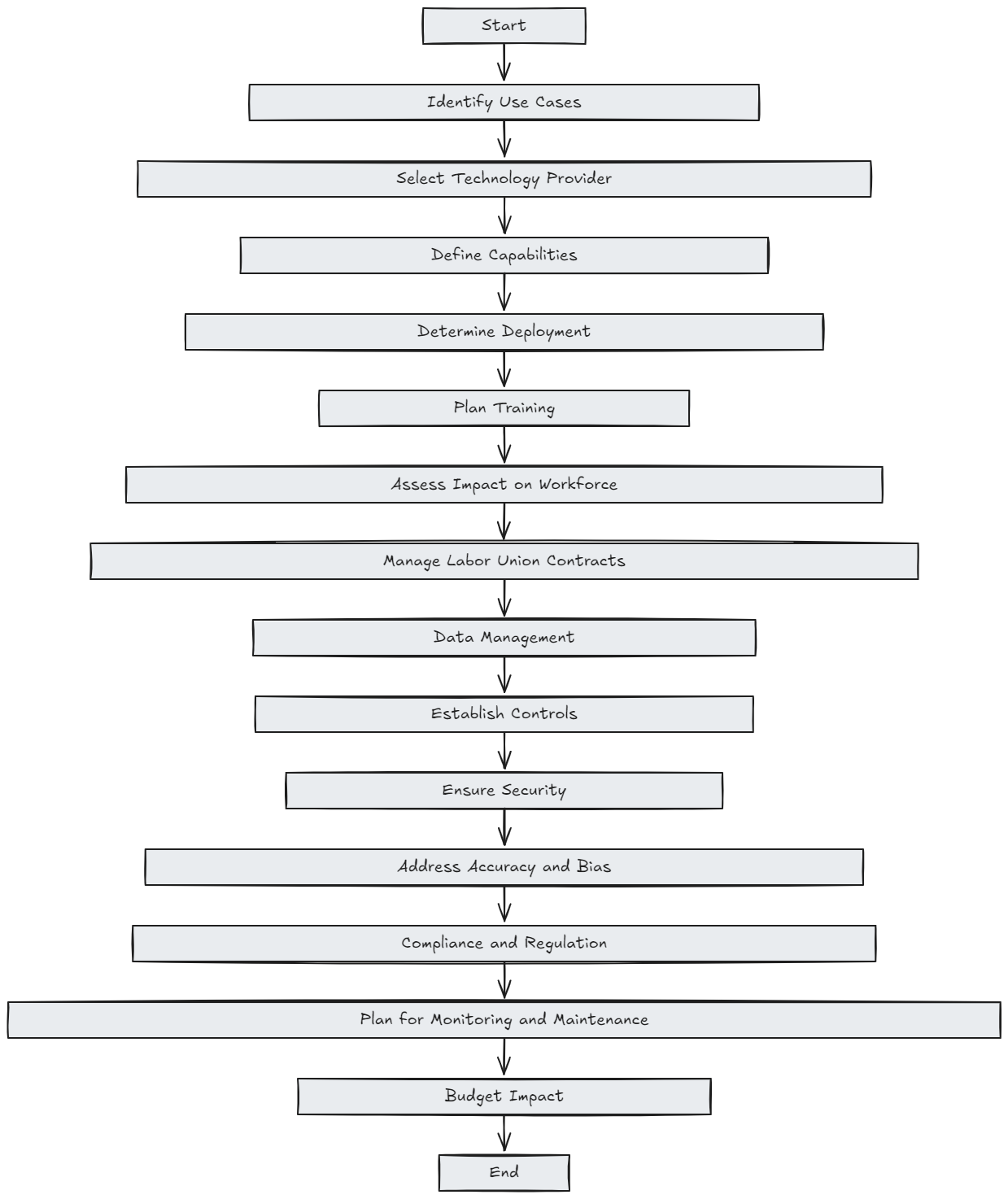SAS experts foresee government AI crossroads in 2025
Government AI adoption is expected to rapidly accelerate in 2025, with 84% of government decision makers planning to invest in GenAI in the next fiscal year. The question arises - will these investments lead to a new age of productivity and efficiency, or will challenges like poor data quality and regulatory confusion hinder their success?
Challenges in Government AI Implementation
Experts predict a widening gap between the perceived benefits of data and AI and governments' ability to derive value from them. While there will be increased funding for AI initiatives, agencies may struggle due to a lack of digitalization, clear processes, and data skills.

Unstructured data is set to play a crucial role in enhancing AI productivity. By leveraging unstructured data sources, governments can accelerate processes and make more informed policy decisions.
Economic Impacts of Government AI
The fear and tolerance levels towards AI in governments will significantly impact economic growth and competitiveness. Countries embracing AI innovation are likely to thrive, while those guided by fear may experience slower growth.
Generative AI alone may not suffice for government organizations concerned with data validity. Multi-modal approaches and text analytics are anticipated to play a key role in enhancing data quality for productive AI outcomes.
AI Governance and Data Management
Data management and governance will be critical factors determining the success or failure of trustworthy AI implementation. Governments must prioritize trusted data to maximize the benefits of AI while minimizing risks related to bias and data quality.

Consistent AI governance practices will not only mitigate risks but also serve as strategic enablers for faster innovation and increased productivity. Strong governance will instill confidence in executing AI projects across government agencies.
Ensuring Truth and Ethical Values
As governments and citizens are exposed to vast amounts of information, the task of preserving truth and ethical values becomes essential. This is crucial for upholding democracies and fostering trust in public services.
Governments are expected to increase investment in sensor technology and real-time applications for disaster management, energy efficiency, and public safety. Advanced analytics and AI technologies will play a pivotal role in identifying threats and enhancing community safety.

By 2040, customer-centric technological innovation could lead to greater climate resilience and societal benefits. To learn more about SAS analytics and AI solutions for government agencies, visit https://www.sas.com/en_us/industry/government.html.
About SAS: SAS is a global leader in data and AI, empowering organizations to make informed decisions. SAS trademarks are owned by SAS Institute Inc. in the USA and other countries.




















